Cats can eat peanuts in the strict sense that they are not toxic like chocolate and other types of food, but a more important question is whether cats should be eating peanuts.
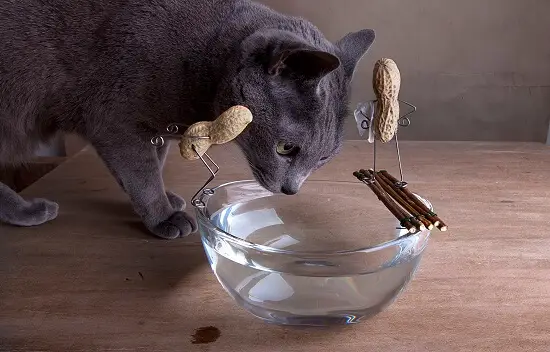
It’s easy to understand that an owner might be tempted to give their feline friend a taste of their favourite snack, especially if said feline happens to be very curious about it.
While peanuts won’t significantly harm a cat that snatches one that fell on the floor, they should not be part of their regular diet; and if your cat isn’t interested, you shouldn’t offer them.
Contents
Are peanuts healthy for cats?
Simply put: No, they are not.
Just because they’re not toxic doesn’t mean they’re good for them.
You might be surprised about this because peanuts are generally considered quite healthy for people. But the digestive system of a feline is very different from that of a human.
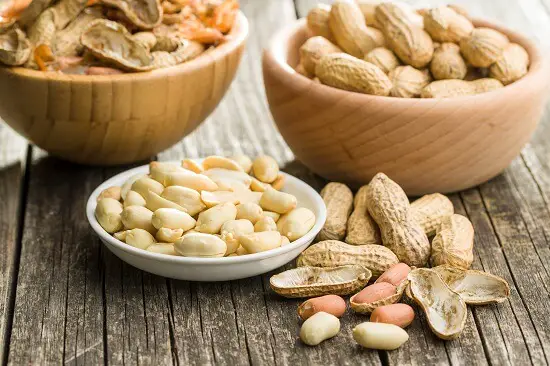
For one, peanuts, while nutritious, are also incredibly fatty, and your cat’s digestive tract is not adapted to digesting large quantities of fat. You might also think that a peanut is pretty small. While that is true, you should consider the scale of your cat’s body (and the fat content of a single peanut) versus the scale of your body.
Peanuts are significantly more fat-dense than other similar foods, and your cat is much smaller than you are. Thus, a ‘large quantity’ for their body looks very different from a large quantity for your body.
Aren’t peanuts a good source of protein?
For you? Sure.
For your cat? Not so much.
Peanuts are loaded with protein, but this is the wrong type of protein for your cat’s metabolism. Cats are obligate carnivores, which means they need to get their nutrients from animal sources to attain proper nutrition.
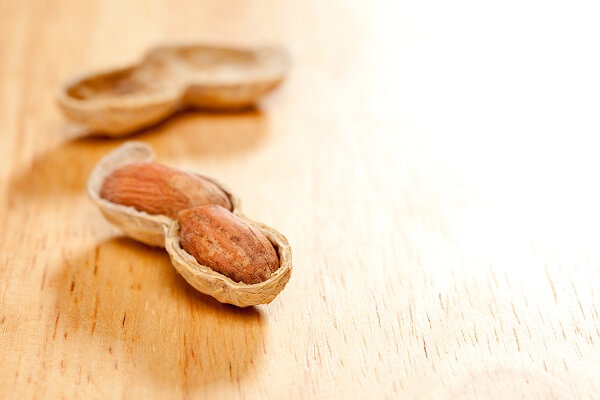
The protein in peanuts won’t do your cat much good since they can’t digest it and it also lacks essential nutrients such as taurine —which only comes from animal sources— that cats need to maintain good health and proper organ function.
Can cats be allergic to peanuts?
Peanut allergies are fairly common in human children, and you might be surprised to learn that they can also happen in cats.
This is a good reason why sharing your bag of peanuts with your feline companion might not be the best of ideas. Not only do they not get any real nutritional benefits from it, but you won’t know if there is a possible allergy until it’s too late. Why even risk it?
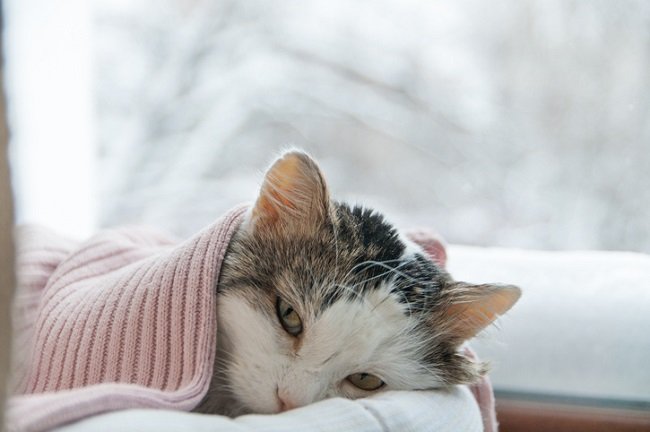
Even when there aren’t immediate adverse reactions, just like with humans, allergies can often develop with time and repeated exposure. Pay attention to typical symptoms like sneezing and swelling, as they are universal warning signs of allergies.
On top of that, cats that are not used to consuming these kinds of human foods can experience diarrhoea or even vomit as a result of being first exposed to these things (which, you’ll recall, they can’t properly digest).
Can I give my cat some peanut butter with their medicines and pills?
Peanut butter logically carries some of the same risks of peanuts for cats, like vomiting and diarrhoea. It also adds-on a few more because most available peanut butter is not only highly processed but has a lot of sugar and salt added in the manufacturing.
Is it toxic and will they get seriously sick from it? Probably not. Should they be eating it? Again, probably not since there are not any benefits and their consumption of it is not without risks.
Cats are also susceptible to feline diabetes, something most owners never even consider a possibility, which makes giving them unnecessary sugars and fat far from a great idea. You should be especially careful if your cat happens to be above their ideal weight.
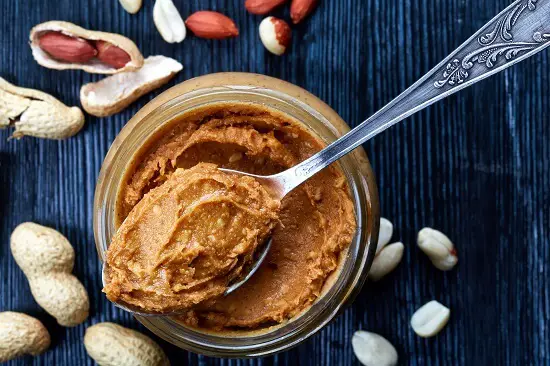
The biggest risk by far—if you decide to give your cat some peanut butter—is that it might contain xylitol. Xylitol, which is often used to replace sugar, is dangerously toxic for cats and, in extreme cases, can lead to death.
So be sure to check that any peanut butter you plan to share with your cat it is either all-natural or, if it’s processed, contains actual sugar and not artificial sweeteners.
Some symptoms of xylitol intoxication include:
- lack of coordination
- seizures
- lethargy
- vomiting.
This sugar substitute can put your cat in a coma, cause them hypoglycemia, extremely low blood pressure, and even liver failure.
If you’re thinking of using peanut butter to make your cat swallow their pills, be advised that there are far safer choices such as cream cheese or special pill-delivery snacks sold at pet shops. Peanut butter can also be too sticky and cause choking. So it’s not even a good idea to use it for administering medicine.
So should I give my cats peanuts?
No, there’s no good reason for doing it.
As an Amazon Associate I may earn a small fee from qualifying purchases at no extra cost to you. This helps us run the site, so thanks for your support!

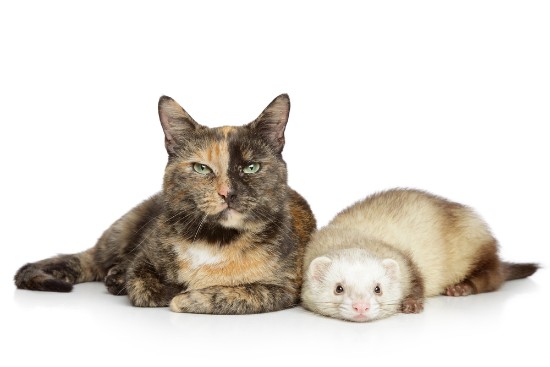
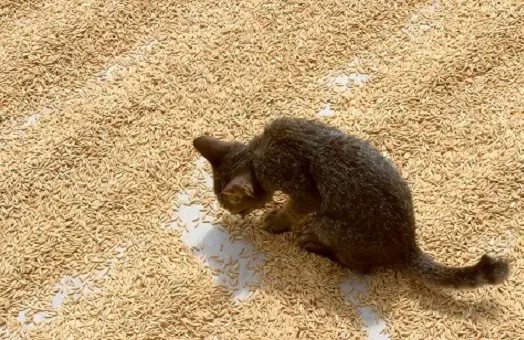
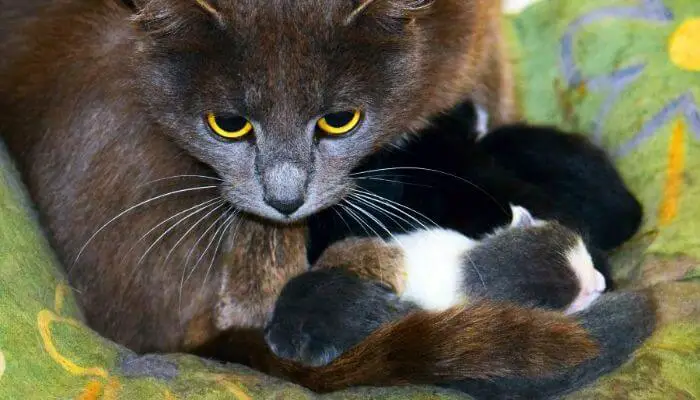
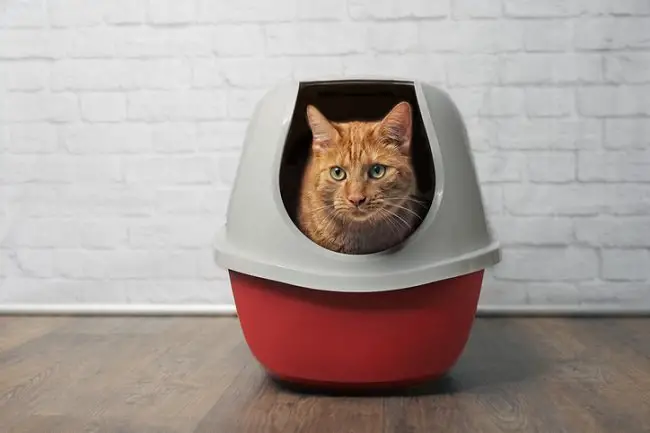
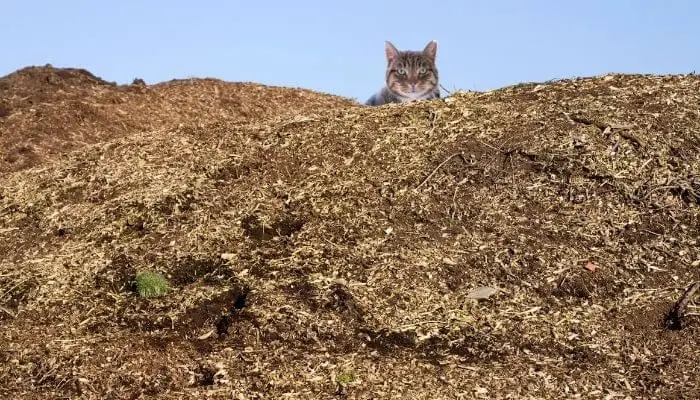
Leave a Comment